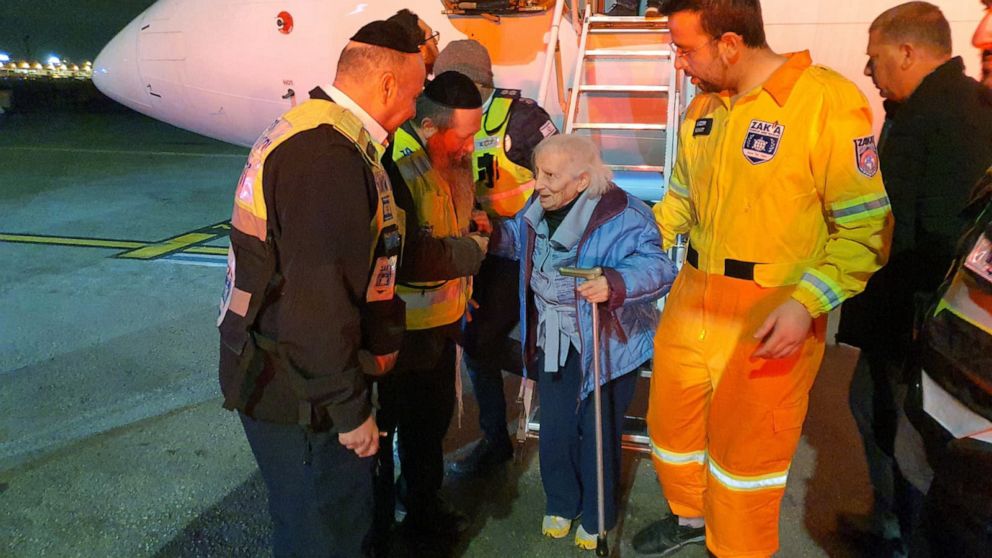Holocaust survivors rescued from Ukraine in 'Operation Survivor'
Valeriy Zharkovska began kissing the front door to his apartment. The 80-year-old Holocaust survivor was crying, and soon his daughter Inna burst into tears as well. After a failed attempt to leave days earlier, Zharkovska was finally escaping Kharkiv, Ukraine with what was left of his family.
For Zharkovska, who survived the Holocaust as a boy, leaving his home meant leaving behind a part of himself. It’s where he rebuilt his life in the years following World War II, and where he spent the last several years taking care of his wife, who died last summer.
But in recent weeks, it’s also where he watched his granddaughter shelter under blankets and pillows as Russian bombs rained down around them. Every family in the city lived in darkness at night, in fear that the Russian army would see a light in their window and ultimately bomb it.
“It's unbearable,” Inna told ABC News, recalling how she watched her father tear his hand away from the door and walk away from everything he knew.
“I understand how difficult it is for him,” she added. “It’s his motherland, and everything he loves is connected with it.”
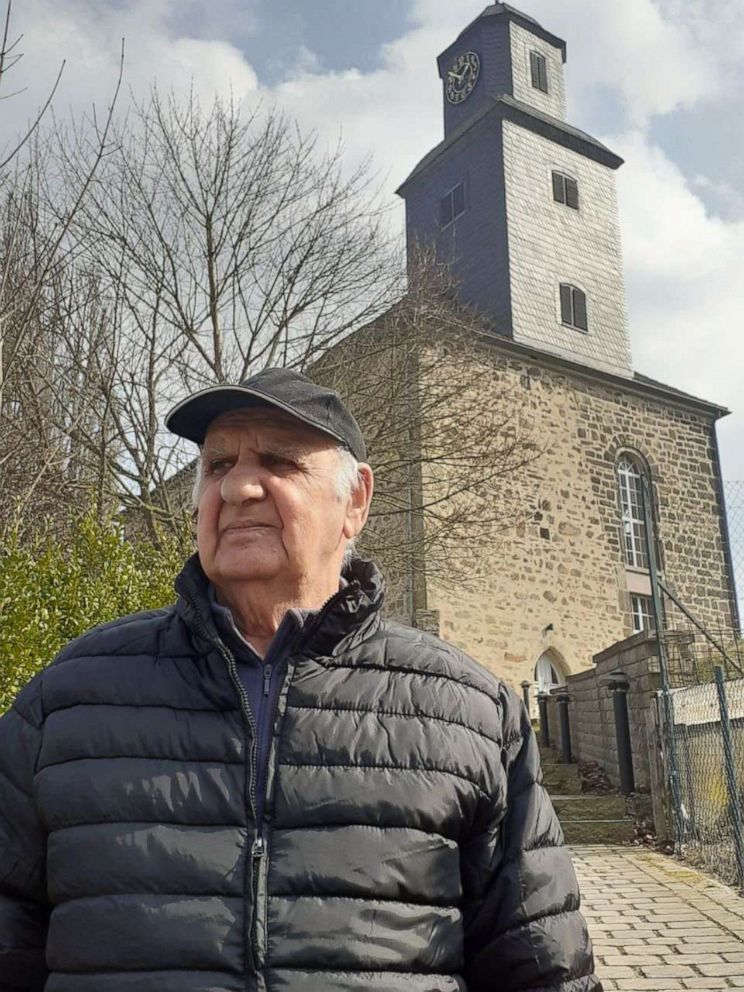
Valeriy Zharkovska is just one of an estimated 10,000 Holocaust survivors who were living in Ukraine at the start of the war. Now, he is one of hundreds of Holocaust survivors who are fleeing a war that is stirring up memories long since buried.
Before the taxi-ride through bombed-out Kharkiv, the interminable hours in a bus to Lviv, the shelters in Warsaw, and an apartment in Kassel, Germany, Valeriy and Inna’s escape began with a phone call from across the Atlantic Ocean.
On the other end of the line, 6,500 miles away, was Julia Entin, who until days earlier worked as a paralegal for Bet Tzedek, a non-profit organization based in Los Angeles that helps Holocaust survivors receive reparations. Entin, a grandchild of Holocaust survivors, knew she couldn’t say no.
Entin started reaching out to various contacts on social networking platforms and WhatsApp, and within days had connected with multiple groups that were helping to evacuate Holocaust survivors from the war-torn region. She quickly learned the logistics of war-time rescues and the importance of sharing resources with several grassroots organizations already on the ground in Ukraine, like the LGTBQ-oriented Safebow, as well as Israeli-based volunteers from ZAKA and Yad Ezer L’Haver.
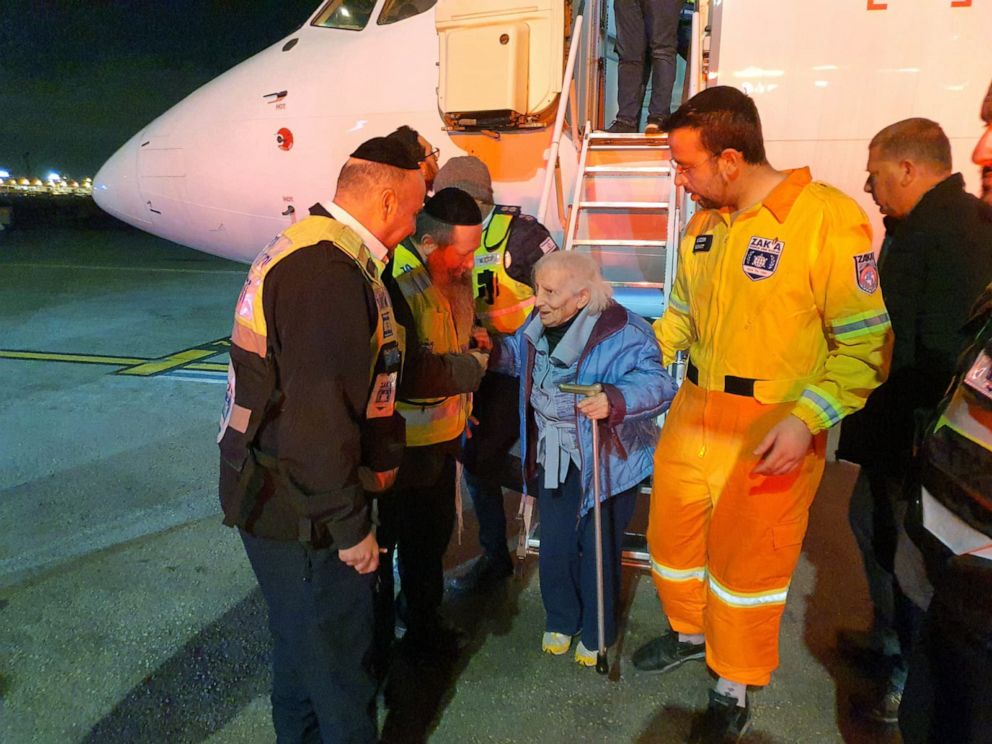
“If a person cannot move without special transport, then you have to find special transport. It means that you might need to call a friend who happens to have another friend, who happens to have another friend, who happens to be involved in some sort of medical transport on the ground,” Entin said.
But it’s more than just logistics; Entin explained that not all of the survivors trusted their would-be rescuers, and it took some convincing to get them out.
“You have to create a certain level of trust, because again, you are thousands of miles away. And it is probably equally unreal to them that somebody thousands of miles away is going to help them with something that seems impossible,” said Entin.
But the impossible is exactly what Entin did with Inna and her family.
More than a week before the initial conversation she had with Entin, Inna Zharkovska realized it was time to leave the besieged city. The three Zarkhovskas hoped to flee via train, but at the city’s central train station, they were met with a sea of refugees also searching for a way to escape the Russian advance. And jammed in that crowd jockeying for space on a train, Valeriy fainted. With help, Inna carried her father to a small medical room inside the train station to recover. That night though, with thousands of people sheltering inside the train station, bombs fell around them.
The family was forced to return home the next morning to the sound of more explosions across the city; a sound that would now become the new normal.
“[My daughter] spent most of the days and nights being covered with blankets in the corner of the room, which is what we found to be the safest,” said Inna.
It was then that a U.S. relative of Valeriy reached out for help and, through a series of connections, finally put Inna in touch with Entin.
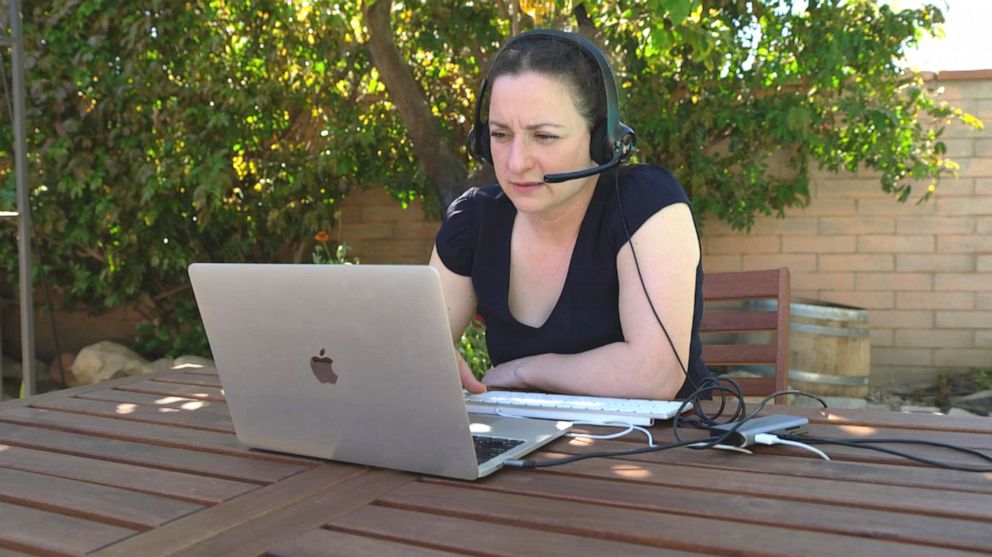
Entin eventually teamed up with newly founded Safebow, a non-profit that was originally set up to evacuate LGBTQ Ukrainians. The logistics were not easy.
“We have to find a driver who's willing to go and risk their lives to climb into the space, run up the stairs and knock on the door and see if they can find them,” Rain Dove, the founder of Safebow, told ABC News.
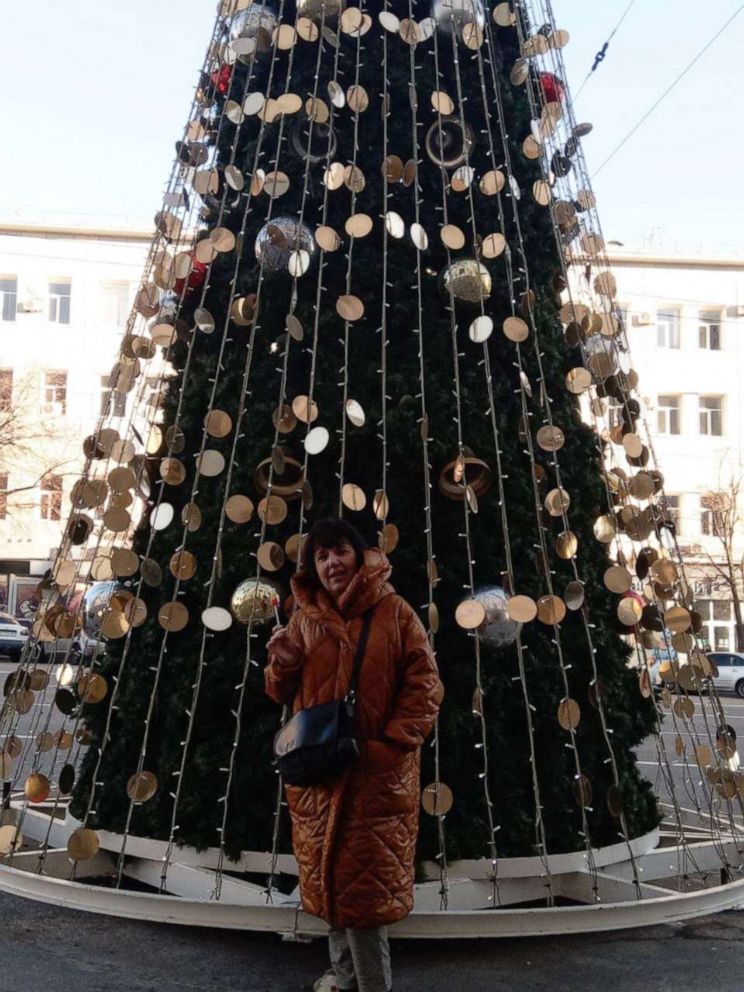
“It's a very, very, very chaotic process. But we are pioneers in an era of innovation that has never occurred,” Dove continued, “So we have people like Julia, who doesn't even have to leave their bedroom, and yet can personally guide a Holocaust survivor across the country and get resources for them every step of the way.”
As Safebow started connecting people who needed help with people who could help, the group found out that a lot more people outside the LGBTQ community needed help that they could provide.
“And it's a really beautiful thing to see different vulnerable, marginalized people from around the world, rescuing anyone who asks for help, because it's usually the other way around,” added Dove, a model who is an activist in the LGBTQ community.
It was ultimately Safebow’s organizers who were able to find Inna and her family and helped transport them from Kharkiv to Kyiv, and eventually across the border into Poland.
But the terror war followed the family, even in safety. Just like Valeriy suffered years of trauma in the wake of World War II, his granddaughter was now facing her own post-traumatic stress. The scars from the destruction of Kharkiv resurfaced on the streets of Warsaw.
One day while on a walk in the center of Warsaw – they heard a loud bang. Inna’s daughter dived for cover on the street.
“She started crying and she started asking us to cover her with pillows, with something, because she was absolutely sure that it was a bombing,” said Inna.
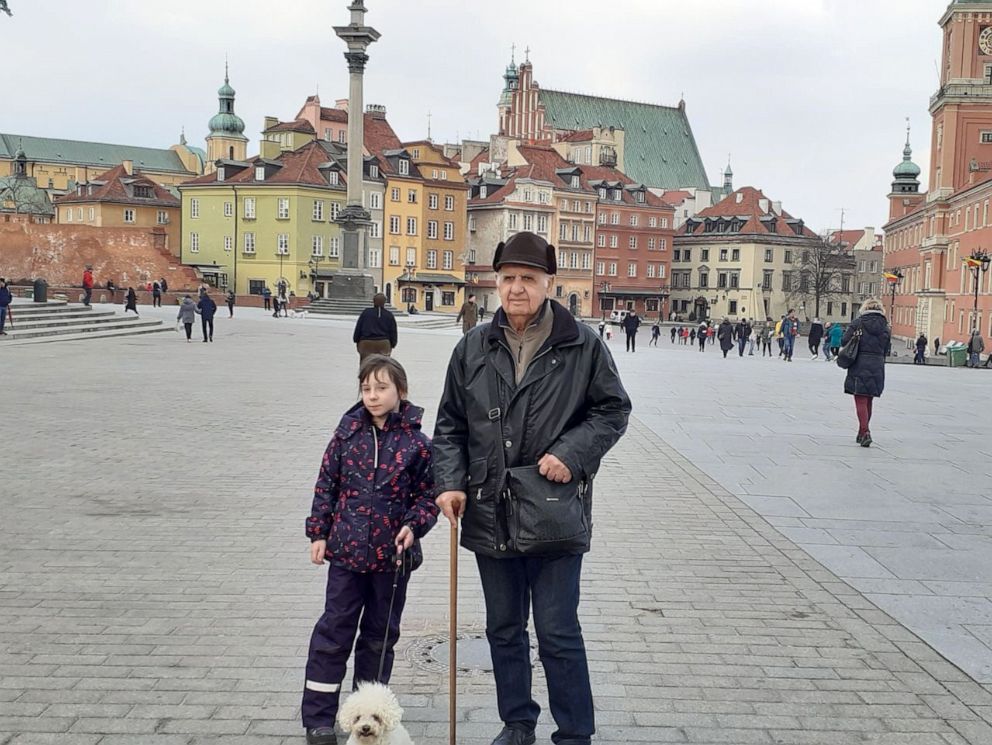
Inna’s family is now safe, nearly 1,500 miles away from Ukraine in a small town, aware of the irony of a Holocaust survivor seeking shelter in Germany.
But for the granddaughter of that Holocaust survivor, the terror remains close.
“When we arrived here, my daughter kept asking ‘Mom, can I switch on the light? Is it really true that I can switch on the light in the evening?’” Inna recalled her daughter asking her continuously.
“’And can I come up to the window?’” she added.
